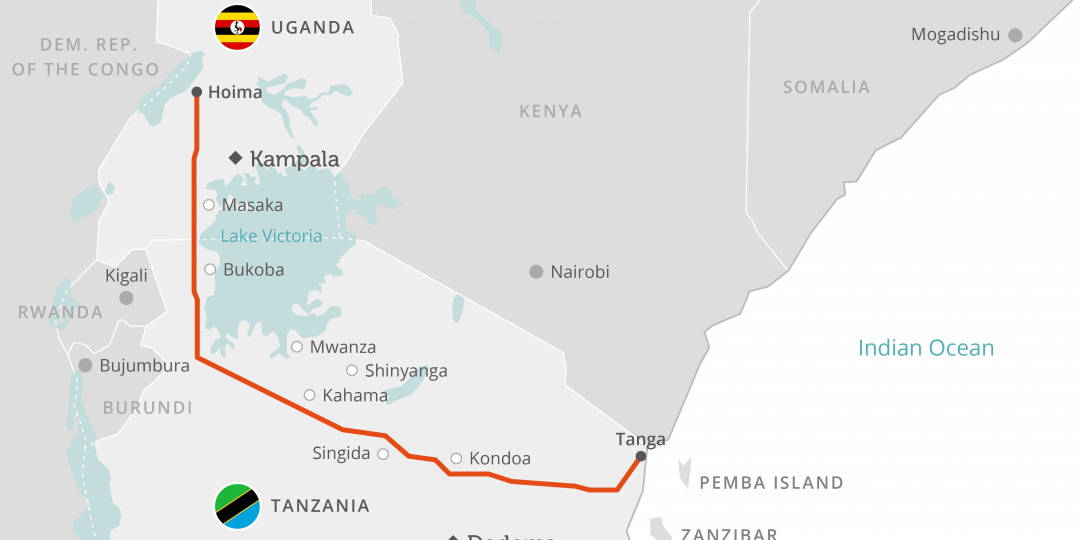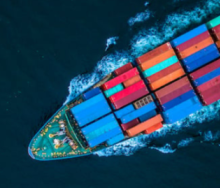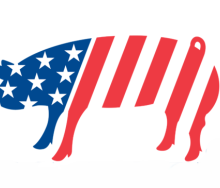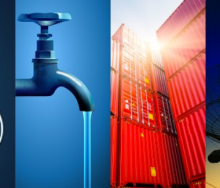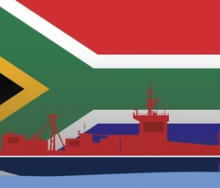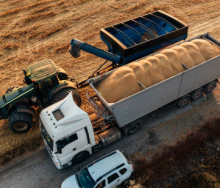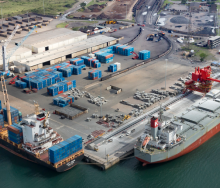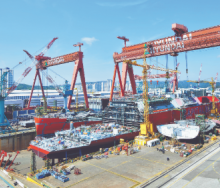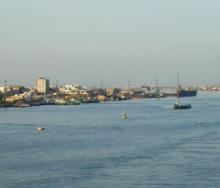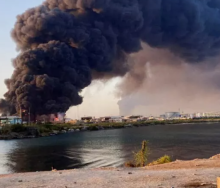On the eve of climate talks in the US, where President Joe Biden is expected to take a tough stand on emission transgression, a long-awaited industrial development project for Africa is again on hold – because of carbon dioxide concerns.
The East Africa Crude Oil Pipeline (Eacop) has been on the cards for at least 15 years, but in April was finally inked into reality by its country partners, Uganda and Tanzania, along with energy corporation partners from France and China.
Its initial price tag of $3.5 billion was a major point of debate, especially for Uganda with its oil reserves near Hoima that it wants to extract and pipe to the Port of Tanga in northern Tanzania.
April’s agreement about raising the required investment funding for the project stated that $2.5 billion would be through debt financing while the remaining $1 billion would come from equity.
However, with the Biden administration’s intention to recommit the US to Paris Agreement directives about curbing climate change and greenhouse gases, international banks are running scared.
As a result, the project is expected to balloon to $5 billion, with Eacop’s shareholders - TotalEnergies, Uganda National Oil Company, Tanzania Petroleum Development Company, and China National Offshore Oil Corporation - now expected to dig deeper into equity reserves.
With Eacop flagged as a potential dirty emitter, producing an anticipated 35 tonnes of C02 annually at peak production, 10 banks have dug in their heels.
Projects with such a carbon footprint, the lenders have said almost in unison, cannot get the green light for funding as per the Paris Agreement.
